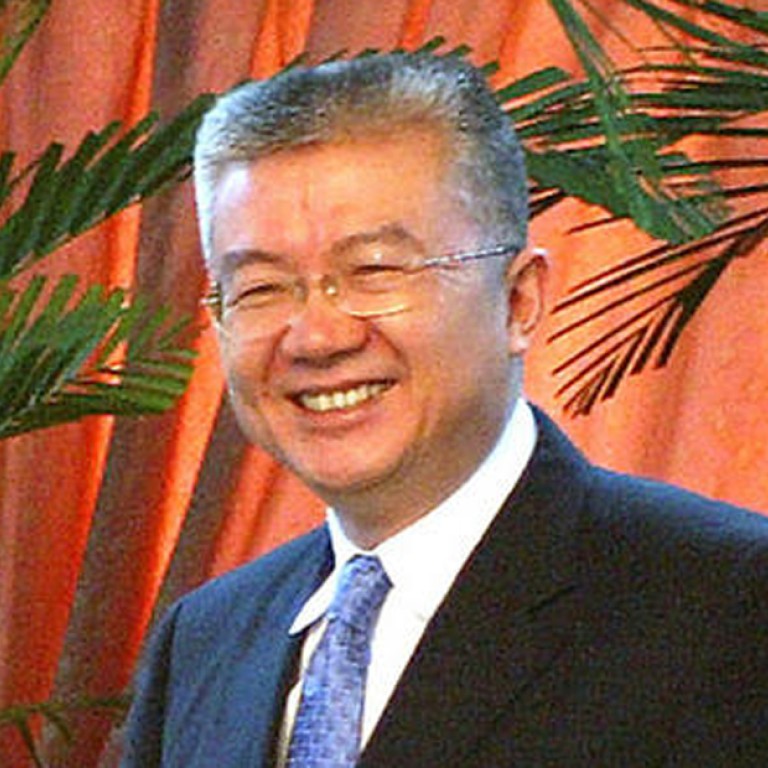
Barristers too sensitive on white paper, says Beijing official
The Hong Kong Bar Association was "over sensitive" and had "read too much into" Beijing's white paper on the role of the judiciary in the city, a mainland official said yesterday.
The Hong Kong Bar Association was "over sensitive" and had "read too much into" Beijing's white paper on the role of the judiciary in the city, a mainland official said yesterday.
Xu Ze, deputy director of the State Council's Hong Kong and Macau Affairs Office, was quoted as making the comments about the association's reaction to the paper, which was released on Tuesday and categorised judges as administrators.
Barrister Lawrence Ma Yan-kwok, a member of the Beijing-friendly Democratic Alliance for the Betterment and Progress of Hong Kong, quoted Xu as making the comments in a meeting with Hong Kong lawyers in the capital yesterday.
But legal sector lawmaker Dennis Kwok, of the Civic Party, said it was impossible to be "too sensitive" on such an issue. Kwok, a barrister, called on Xu to explain if he believed that the Bar Association had misunderstood anything.
The paper said judges were administrators, like the chief executive and top officials, who had a "basic political requirement" to love the country. The Bar Association said this was "erroneous" and sent the wrong message to Hongkongers and the international community.
Ma said Xu told the lawyers: "The 'love the country, love Hong Kong' concept isn't really a passionate one. To put it simply, when government officials, lawmakers and judges assume office, they have to take an oath to uphold the Basic Law and swear allegiance to the Hong Kong SAR government."
Xu added: "Since Hong Kong is an inseparable part of China, if judges strictly follow the Basic Law, they [will be seen as] loving the country."
On whether judges should be regarded as administrators, Ma said the lawyers believed that as the judiciary came under the political structure section of the Basic Law, it was accurate to see them in this light. Xu had agreed.
Stating that "you can never be too sensitive about judicial independence", Kwok quoted Mr Justice Kemal Bokhary, who said: "Constant vigilance on these matters is always necessary."
Kwok was referring to Bokhary's response to a question on the white paper from Cable TV.
The non-permanent judge of the Court of Final Appeal also said: "Judicial independence is a vital part of the rule of law, and public confidence in judicial independence is essential to the Hong Kong legal system."
As Xu weighed into the debate, his boss, Wang Guangya , was meeting pro-establishment lawmakers in Shenzhen.
Liberal Party leader James Tien Pei-chun said he met Wang yesterday with four core members of his party to discuss political reform and tourism - including the flood of mainland visitors that has irked Hongkongers.
"[Wang] agreed that we should not cut the number of visitors from northern [China], who spend a lot," Tien said.
He felt the top official was implying that Shenzhen permanent residents could be banned from making more than one return trip a day across the border.
Tien said Wang also told him that Beijing would make a decision on Hong Kong's political reform in August.
On that topic, a source close to Tung Chee-hwa said yesterday the former chief executive had always supported universal suffrage in accordance with the Basic Law.
On Wednesday, a source close to Tung denied a report that he had told Beijing universal suffrage would be bad for the city.

